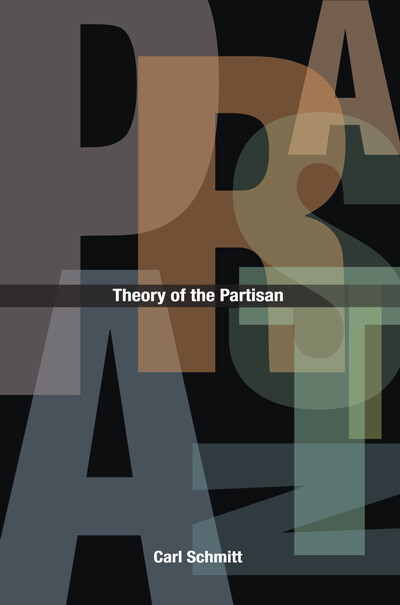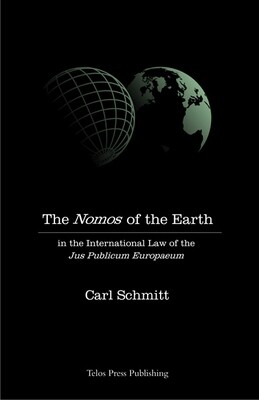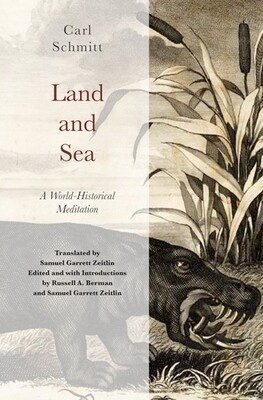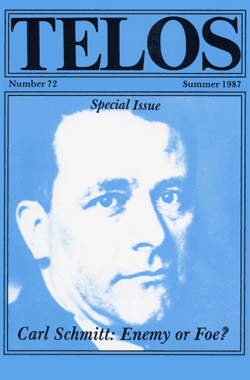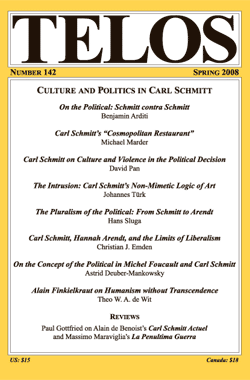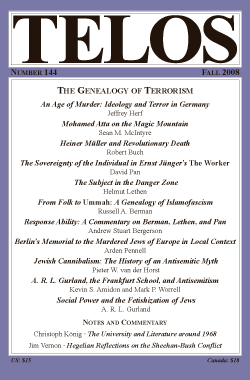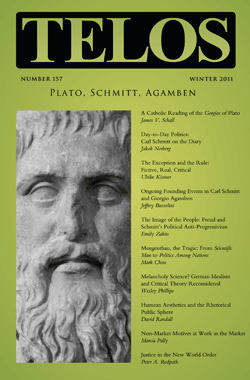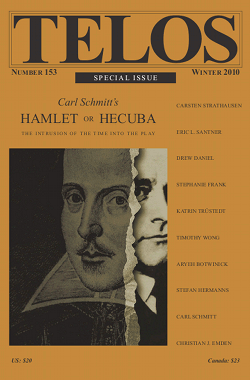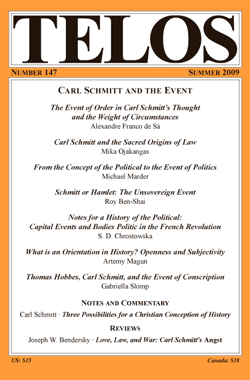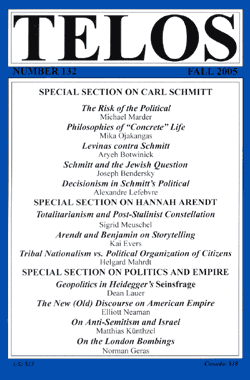Theory of the Partisan (paperback)
Theory of the Partisan
by Carl Schmitt
Translated by G. L. Ulmen
Carl Schmitt (1888–1985), one of the great legal and political thinkers of the 20th century, thought long and hard about the role and significance of war. He saw how the international law of the Eurocentric era of world history began to falter at the end of World War I and foundered at the end of World War II. Following World War II, belligerent acts around the world began to assume a distinctly partisan character, and the belligerents were increasingly non-state actors. His Theory of the Partisan originated in two lectures that Schmitt delivered in 1962, which addressed the transformation of war in the post-European age. Schmitt concludes Theory of the Partisan with the statement: "The theory of the partisan flows into the question of the concept of the political, into the question of the real enemy and of a new nomos of the earth."
Theory of the Partisan analyzes a specific and significant phenomenon that ushered in a new theory of war and enmity. It contains an implicit theory of the terrorist, which in the 21st century has ushered in yet another new theory of war and enmity. Consequently, this work is not only of historical interest, but is relevant to contemporary political and military developments and concerns.
"Despite certain signs of ironic distrust in the areas of metaphysics and ontology, The Concept of the Political was, as we have seen, a philosophical type of essay to 'frame' the topic of a concept unable to constitute itself on philosophical ground. But in Theory of the Partisan, it is in the same areas that the topic of this concept is both radicalized and properly uprooted, where Schmitt wished to regrasp in history the event or node of events that engaged this uprooting radicalization, and it is precisely there that the philosophical as such intervenes again."
Jacques Derrida, from The Politics of Friendship
"Carl Schmitt's Theory of the Partisan is a must-read to understand our age of terrorism, in which adversaries are degraded as criminal and subhuman. Schmitt traces the transformation of the enemy concept that had governed limited warfare for the European sovereign states into the dogma that defines the political foe as a target of complete annihilation."
George Schwab
President, National Committee on American Foreign Policy
Professor emeritus, City University of New York
Table of Contents
Translator’s Introduction
Author’s Foreword
INTRODUCTION
The Horizon of Our Investigation
Partisan: Word and Concept
View of the Situation in International Law
DEVELOPMENT OF THE THEORY
The Partisan as a Prussian Ideal in 1813 and the Turn to Theory
From Clausewitz to Lenin
From Lenin to Mao Tse-tung
From Mao Tse-tung to Raoul Salan
ASPECTS AND CONCEPTS OF THE LAST STAGE
Destruction of Social Structures
The Global-Political Context
The Technical-Industrial Aspect
Legality and Legitimacy
The Real Enemy
From the Real Enemy to the Absolute Enemy
ISBN 978-0-914386-33-9
Pub. Date: June 1, 2007
